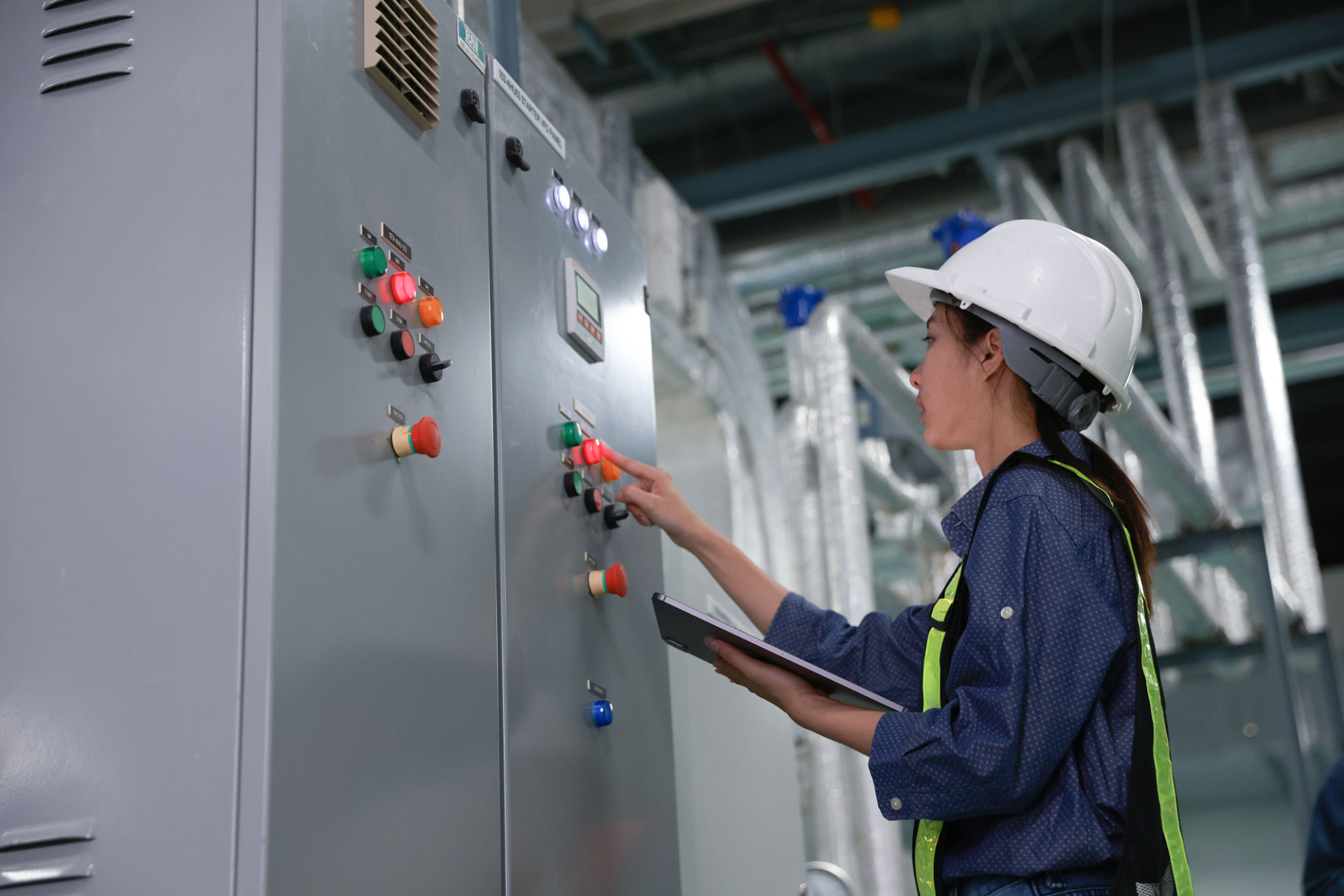DIY Electrical Repairs: What You Can Fix and When to Call a Professional
Understanding DIY Electrical Repairs
In the age of DIY, tackling home repairs has become increasingly popular. While painting a wall or fixing a leaky faucet might seem manageable, electrical repairs often require a different level of expertise. Knowing what you can safely repair yourself and when it's essential to call a professional can make all the difference in maintaining a safe home environment.

Simple Repairs You Can Handle
Replacing Light Bulbs and Fuses
One of the most straightforward electrical tasks you can handle is replacing light bulbs and fuses. Ensure the power is off before you begin, and always use the correct type of bulb or fuse for the fixture in question. This simple maintenance can often solve minor lighting issues without the need for professional help.
Fixing Loose Outlets
Loose outlets can be both a nuisance and a safety hazard. If you notice an outlet is wobbly, you can fix it by turning off the power, removing the outlet cover, and tightening the screws that hold the outlet in place. Ensure everything is secured tightly before restoring power to avoid any future issues.

When to Call a Professional
Major Electrical Installations
While some tasks are DIY-friendly, others require professional expertise. Major installations, such as wiring new circuits or installing complex lighting systems, should be left to licensed electricians. These jobs often involve intricate wiring that, if done incorrectly, can lead to significant hazards like electrical fires or shocks.
Persistent Electrical Issues
If you experience frequent circuit breaker trips or persistent electrical issues that DIY efforts can't resolve, it's time to call in a professional. These problems could indicate deeper electrical faults that need expert diagnosis and repair. Attempting to fix these on your own could worsen the situation and pose safety risks.

Safety First: Tips for DIY Electrical Work
Even with minor repairs, safety should always be your top priority. Here are some essential tips to keep in mind:
- Turn off power: Always switch off the power at the breaker box before starting any electrical work.
- Use insulated tools: Ensure any tools you use have insulated handles to protect against electric shocks.
- Test outlets: Use a voltage tester to confirm that the power is off before handling wires or outlets.
The Importance of Professional Inspections
Even if you're comfortable with minor repairs, scheduling regular professional inspections is crucial. A licensed electrician can identify potential issues that may not be immediately evident and ensure that your home's electrical system is up to code. These inspections can prevent small problems from becoming major concerns.
In conclusion, while DIY electrical repairs can be rewarding and cost-effective for minor issues, recognizing your limits is crucial. By knowing when to call a professional, you can ensure both your safety and the long-term health of your home's electrical system.
